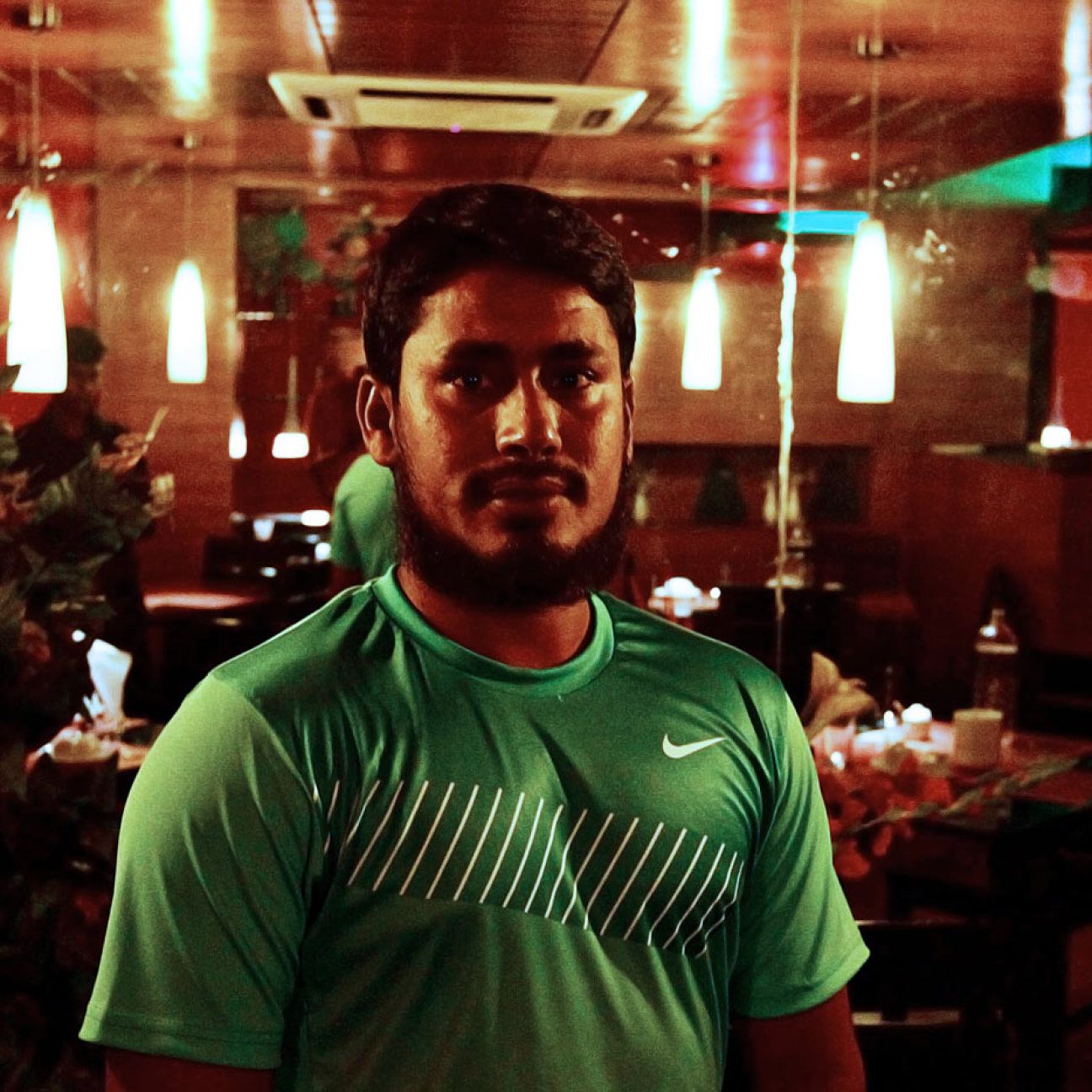
Mohammad Ashraful, the former Bangladesh captain, has some words of support for the banned Shakib Al Hasan, but believes the next 12 months will be a challenging time for the country's most iconic sportsperson.
Ashraful, who has now returned to playing first-class cricket after his five-year ban (two years suspended) for match-fixing in 2013, was speaking from his own experience of finding himself out in the cold after being implicated in the Bangladesh Premier League corruption scandal.
"Our cases are different; he didn't inform the fixing approaches to authorities, while I was fully involved in match-fixing," he told ESPNcricinfo. "But this is going to be a shock to the system. We love playing cricket. What Shakib is going through is hard to explain in words. I think there shouldn't be too much news about him. Dealing with so much news was hard [for me]."
ALSO READ: A wretched day in Dhaka
Ashraful admits to sleeping through the day when he was banned, until he found a new calling. He doesn't think Shakib will face similar issues, though. "I slept through the first six months," he said. "I used to watch TV all night, and then wake up at around 2pm in the afternoon. I then performed Hajj, which gave me a new perspective."
"I always wondered whether I would be able to play again, mainly because of my age [Ashraful was 30 when he was banned]. The cricket board is helping Shakib. I got support but it wasn't what Shakib will get. Also we must remember that players like Mashrafe Mortaza, who was often injured, and Shakib have always made extraordinary comebacks."
Ashraful admitted to being pleasantly surprised to receive overwhelming support from fans during his time away. "When I played for Bangladesh, I always had half the people support me and the other half disliking me," he said. "After I confessed [to my involvement in the match-fixing scandal] and apologised to everyone, around 95% were in my support. Nobody believed that I did it alone. It wasn't possible."
Ashraful spoke of the ground realities of a banned cricketer, saying keeping fit was the biggest challenge for him. While he couldn't train or play recognised cricket in Bangladesh, Ashraful tried to find other avenues overseas, even if it meant playing in unsanctioned tournaments. He even helped out a team of lawyers wanting to get a grasp of the game.
"I wasn't allowed to play or train anywhere during the three years. I used to play with lawyers in Dhaka," he said. "I played in tournaments in the US where there were no sanctions. I played around the country in different places. I met new people, had new experiences. Shakib wouldn't have to go through anything like this. He will be allowed to train in Mirpur. He won't have any problem like I did."
Still, Ashraful admitted to feeling a sense of sadness at seeing a fellow player suffer similar fate. "I had the belief that no Bangladeshi cricketer would get into this kind of trouble after me," he said. "We have very different cases, but still the punishment is to stay away from cricket.
"I felt bad. Shakib is the No. 1 allrounder in the world. He is our best player. He plays franchise leagues. When I say Shakib made his mistake, I think he didn't take it [reporting approaches] too seriously. What also happens now is that everyone will be alert with these approaches. What to do when there's an approach. Nobody should make this mistake. We could never imagine that Shakib would make this mistake."















 Phone: (800) 737. 6040
Phone: (800) 737. 6040 Fax: (800) 825 5558
Fax: (800) 825 5558 Website:
Website:  Email:
Email: 






